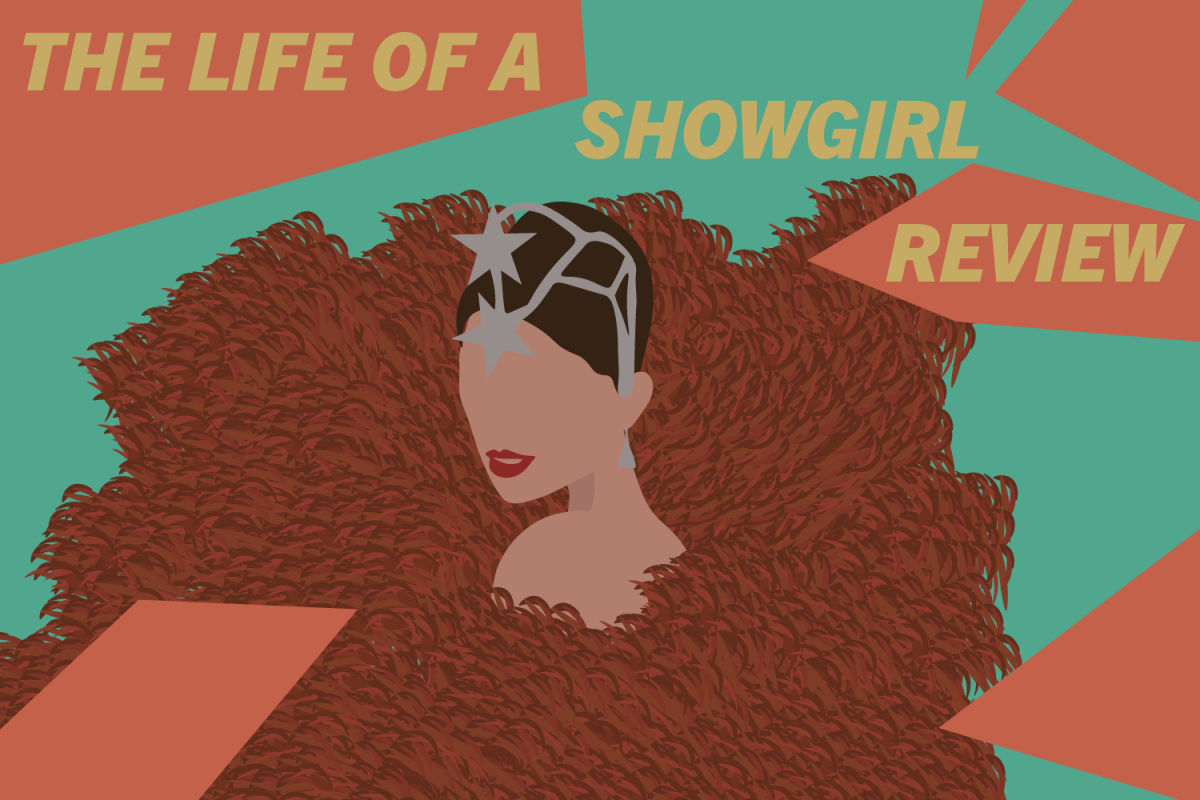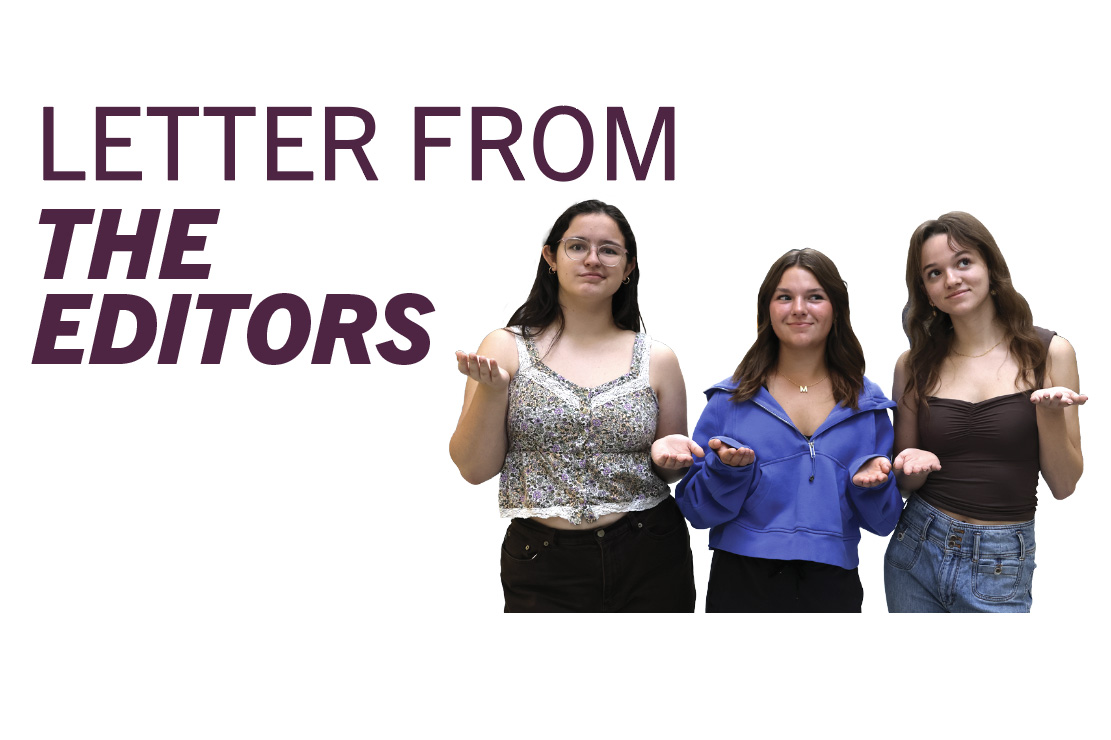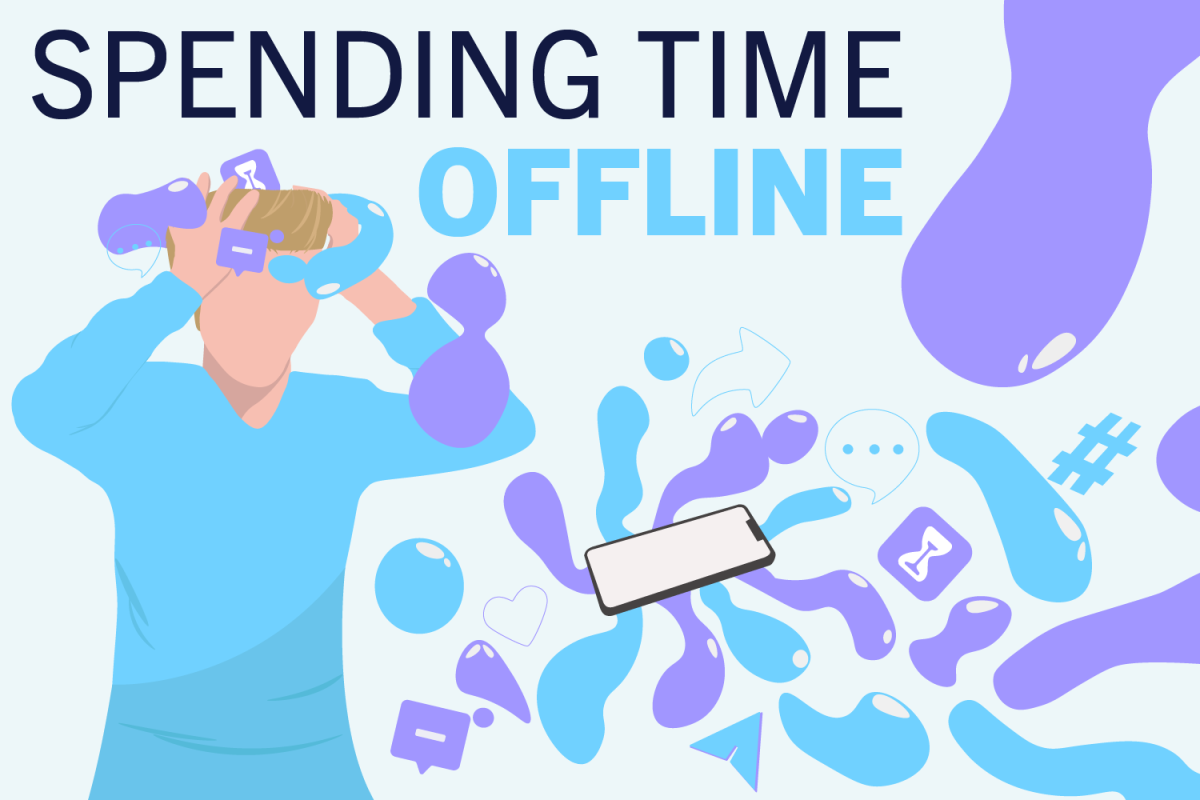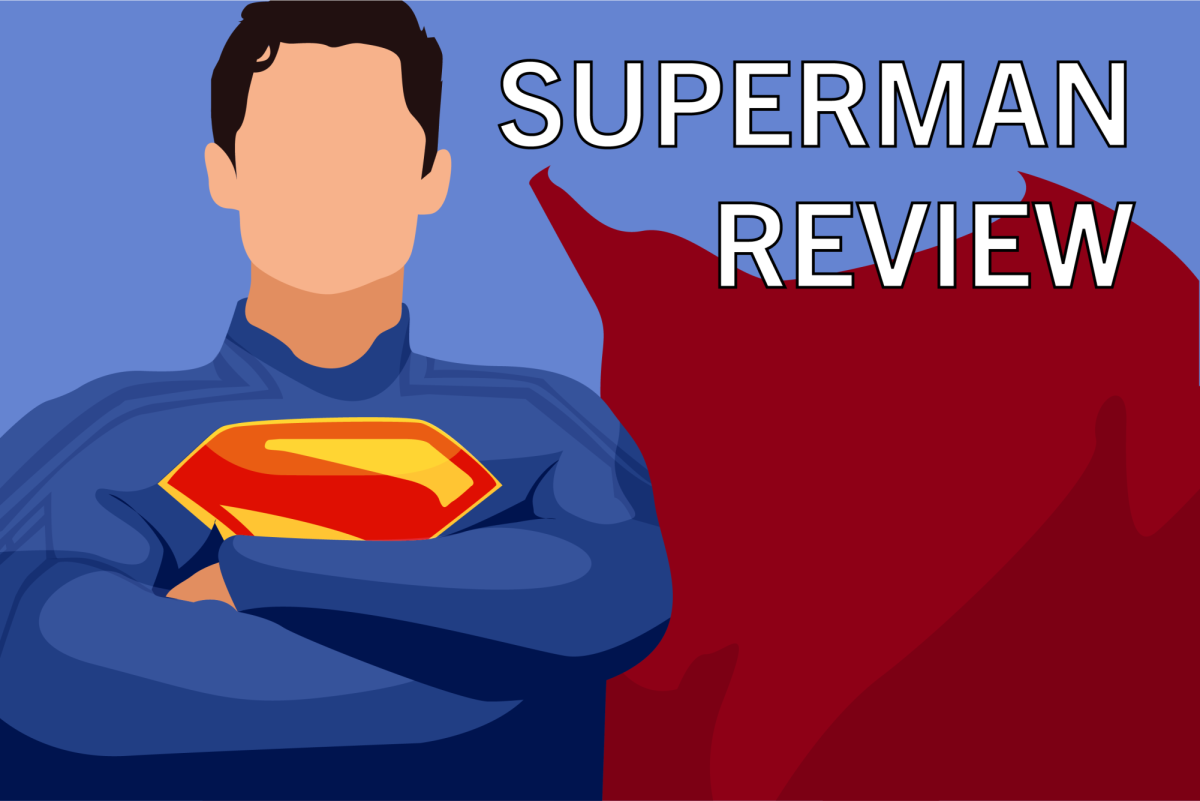The presidential election is one of the most important and talked about events that occurs every four years. The politicization of personalities is becoming more common every election. Many voters and political enthusiasts have started to lose who they are and who they vote for. Eventually, the line will blur so far that they’ll forget who they were before election season and be consumed by the event.
People go from simply wearing hats or putting up flags in support of their chosen candidate to introducing themselves with their candidate’s name attached to their introduction. Supporting a candidate and spreading their message is one thing but basing personalities off of a political candidate is another. Voting is not bad nor is supporting a certain party toxic because that’s what drives our democracy. However, having an unhealthy political and personal identity balance can be damaging.
The idea of dividing the political ideologies and personalities can be compared to the phrase “separate the art from the artist.” However, it would be altered a little for one simple meaning: divide political choices from personal characteristics.
This issue can apply to students and non-voters as well. Those who are young or do not vote can still consume themselves in the media surrounding their party and forget what life was like before election season.
PBS News discussed how U.S. politics became so intertwined with personal identity. They attributed this issue to the divide between parties and the anger between those with different political views. Individuals in different parties are angry at each other and think of each other as threats. The PBS News discussion also mentions people’s loyalty to our country’s leaders. I will admit that politicizing personalities can be far past loyalty, it’s dependence and fusing our minds with a single subject. Many voters support their favorite political official with whatever decisions they make, even if they cause damage to the country.
Personal characteristics are how someone is distinguished in a crowd. If a stranger asks someone else about interests and their only response is a political official, self-reflection might be in order.
There are only two solutions to this issue: self-recognition or an intervention. Mentioning a political figure in every conversation or not knowing what to do outside of political discussions about a single politician is a sign that an intervention is needed. People who cannot think of adjectives such as kind, quirky, boring, or funny to describe themselves and can only think of words such as Liberal, Conservative, Democrat, and Republican, might have to think about who they are.
I can also tend to hyper-fixate on a single subject at a time whether it be a genre of music, a new television show, or a new trend. Nonetheless, I have never introduced myself and immediately mentioned my political stance and my views on our economic state. I have and never will do that because that is not all there is to me. I will introduce myself with things that are unique to me, things that only I have. That is how to have individuality and that is how to not be mistaken with a random person off the street.
Remember that everyone is more than their political views. People might be in school, have a job, or like to draw or play sports. Ultimately, they have a life outside the voting polls. Make sure in this election to see others for who they are rather than who they vote for.










